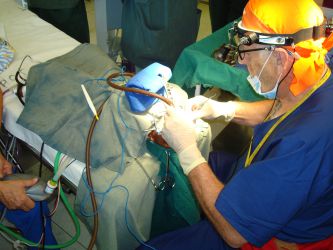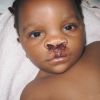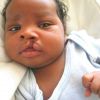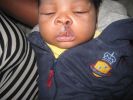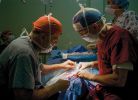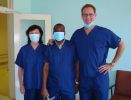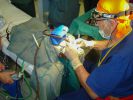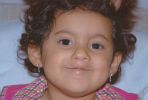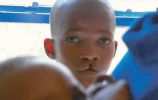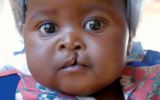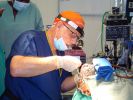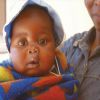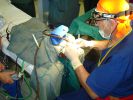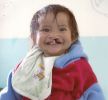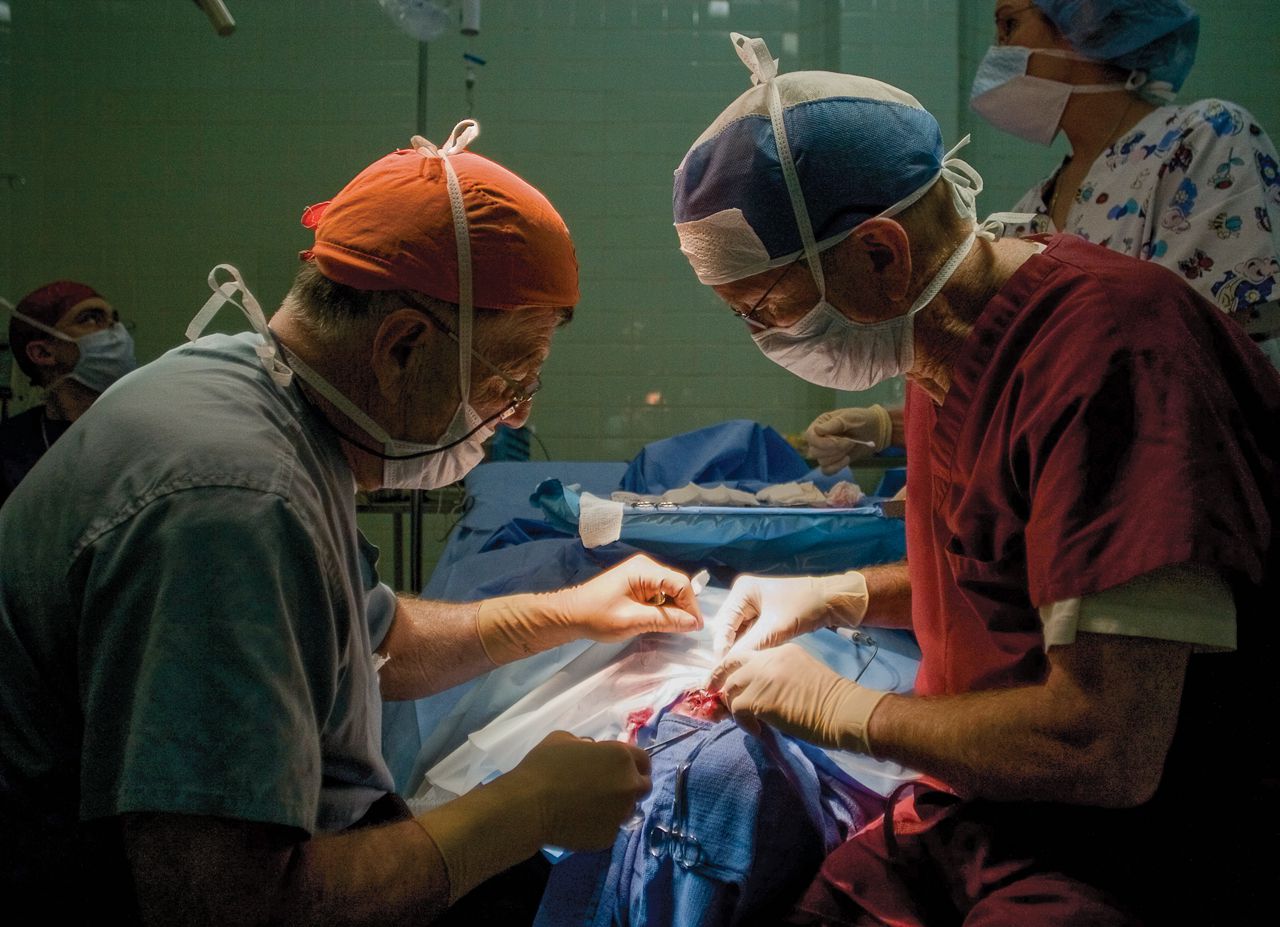Medical Mission International is transforming faces and changing lives around the world. Each year, MMI sponsors medical teams who perform surgeries on children born with cleft lips and palates, a genetic birth defect that causes an opening in the lip and/or the roof of the mouth. The MMI surgeries are held in multiple countries each year and provided free of charge to poor children with this crippling disability. Medical Mission International has sent teams to the Philippines, the Democratic Republic of Congo, Cameroon, Ecuador, Ethiopia, Zimbabwe and Zambia.
The surgeries do much more just than repair cosmetic appearance. Cleft lip and palate deformities can create extensive medical and speech problems. The deformity is perceived as a curse in many countries, and children are shunned, denied an education and families shamed and excluded by their village.
“Children born with cleft lip and palate are normal in every other way. Through surgery, we restore a child’s ability to learn language, enunciate and speak words clearly, go to school, swallow and eat normally, and not be ostracized by society,” said Dr. Joseph Clawson, who has been leading medical teams on behalf of MMI into developing countries for many years.
On a recent mission in Zambia, a group of children with cleft lip and palate deformities ages seven to thirteen were bused in for surgery. Clawson said one of the mothers came to him after her son’s lip had been repaired. With tears in her eyes, she expressed her gratitude that her son would no longer have to hide from peers and the community.
Dr. Clawson specializes in facial reconstruction and has been performing these surgeries throughout his career as a physician. He says he stopped counting the number of cleft lip and palate surgeries he performed when he hit 3000 cases.
It is ideal to operate on a child with cleft lip and palate deformities when they are young. “The difference in the scar when a child is less than twelve weeks old is significant. It is hardly visible,” said Clawson. However, he said performing surgery on young patients requires a responsive care giver, who will be engaged in the recovery process, as well as a candidate who can meet the evaluation and screening criteria, including blood work, nutritional health and body weight. Many countries in Africa and the developing world lack the medical infrastructure to provide the surgeries to infants early in their lives and families have no financial resources to seek out other alternatives. The result is adolescents and adults who suffer their entire lives.
Clawson recalls one of the most memorable MMI patients from an African mission. A man named Freddy, who was thirty years old and had a very deformed cleft lip and palate. “Despite having an interpreter, no one could understand a word he said, “recalls Clawson. “I repaired his lip. The next year, he came back. His language was much improved. I operated on his palate. After the surgery, he explained there was a woman back in his village who he wanted to marry, but needed a dowry of six cows. We put in ten dollars each, enough for the six cows, bought him some new clothing and sent him on his way,” said Clawson.
It can be challenging to coordinate all the components of each mission, including securing and packing all the supplies, pharmaceuticals, medications, sutures, dressings and packing all the instruments, like head lights. “We also have to take into consideration the electrical voltage in the various countries and locations where we will be performing the surgeries. The paperwork is relentless. We have to make sure we can get all of our supplies through customs in each country,” he said. “This why our liaisons in each country are critical, including, government involvement and ground teams of hospital administrators.”
During one mission to Ecuador after setting up, and starting the screening process, the team was told by non-cooperative local authorities that the mission was cancelled. Dr. Clawson got on the phone and attempted to reach the president of Ecuador. He was able to make contact with the president’s wife and explained that the medical team was in Ecuador to do free cleft lip and palate surgeries. “The president’s wife sent a fax with instructions to accommodate us and allow us to freely continue with our mission,” said Clawson. “Needless to say, that pretty much put an end to any issues we were having,” he recalls.
According to Doug Kendrick, MMI programme director, these life-changing surgeries are an important facet of the charity’s mission. “No child should be denied an education or shunned because of a physical abnormality,” he said. “It is rewarding to see the transformation in these children’s lives and know that they now have hope for a brighter future,” said Kendrick. “We are grateful to all our MMI donors and partners who give these children a reason to smile.”

